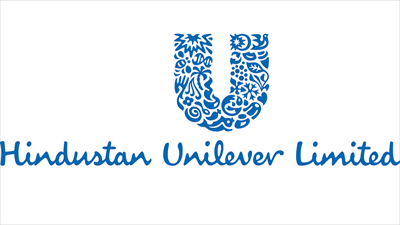A suit was filed by Hindustan Unilever to block access to fraudulent websites operating with variants of the Applicants domain name. The suit was filed against the domain name registrars such as Endurance Domains, GoDaddy, Porkbun and certain unknown persons. One of the defendants was National Internet Exchange of India or NIEI with respect to which the court held that since it is not a registrar of domain and does not receive any registration consideration, no relief against NIEI can be granted.
Facts of the case:
There were a number of fraudulent domain names which were registered and deceitfully used to entice and lure the unsuspecting public into parting with significant amounts of money on a completely false promise of being made authorised dealers of HUL products.
These domain name registrations had been effected through Endurance Domains, GoDaddy or Porkbun. There was no dispute that these registrations were mala fide and not in good faith but the question remained as to what form the injunction should take in such a case.
What the Court held:
The court held that is would not be possible to ‘ensure continued suspensions and block access to these domain names’ because of the inherent difference between the two terms which was explained by the court. The court observed that a domain name may have its registration suspended, but the domain name registrar cannot ‘block access’ to that domain name and that Blocking access was another matter altogether which can usually be done under directions of a government agency such as our Department of Telecommunications, issued to internet service providers — those intermediaries who provide internet connectivity — not to honour access requests to that domain name or URL. Therefore it was noted that to ask a domain name registrar to ‘block access’ to a domain name would be entirely unworkable and that the registrar can only be asked to suspend the registration.
It was observed that blocking access would achieve nothing other than lulling the applicant into a completely hollow and faux sense of safety as an ‘access blocking’ instructions only serves to block access to a remote website or server (possibly overseas) from an IP address of domestic origin, i.e. from the country ordering the block and any such ‘block’ can be easily circumvented by masking the originating country IP of the user via any of the commonly available VPN products which are available for mobile phone platforms now.
The court also pointed out that to ask for the ‘continued suspension’ of domain name registration is also technically incorrect because any domain name Registrar can always suspend a domain that is registered. But the entire process of registration itself is entirely automated and machine-driven. No domain name registrar can put any domain names on a black list or a block list. A ‘continued suspension’ is therefore not possible or practicable in the current technology.
The defendants submitted that once the present registration is suspended, that suspension will continue until the end of the registration period and an additional cooling off period. However, once the domain name is released from registration by one domain name registrar it would be released worldwide across the entire cyber system and network of the internet. This means that any person can then attempt and will succeed in getting a registration through any other registrar or even the very same registrar by a process that is entirely automated and requires no manual intervention and therefore it was observed by the court that putting in the words ‘ensure continue suspension of and block access to’ in the prayer clause was not possible due to the above mentioned reasons.
To the Plaintiff’s prayer that the the Plaintiff cannot be expected to constantly make applications every time a new domain name is discovered. The court observed that the Plaintiff is not short of resources and skills, even in the legal department; and the Plaintiff is a well-known and well-established litigant. It was pointed out that HUL has more than enough resources and that there would be no difficulty in making repeated applications and that Eternal vigilance is not just the price of liberty; it is also the cost of doing large-volume business.
Read order here.
Image source: here













